Do you know the most common HOA rules that get broken? Homeowners’ Associations (HOAs) play a crucial role in maintaining the appearance and value of properties within a community. To achieve this, they establish a set of rules and regulations that residents must abide by, commonly known as HOA rules.
These rules promote harmony, ensure proper maintenance and preserve property values. However, despite their excellent intentions, HOA rules can sometimes lead to violations by residents, often unintentionally.
We will explore the most common HOA violations, the reasons behind them and the potential consequences that residents may face for not adhering to the established guidelines.
Failure to pay HOA dues and assessments
One of the most common HOA violations is failing to pay HOA dues and assessments. Homeowners associations rely on these HOA fees to maintain common areas, fund repairs and cover various community expenses. When homeowners fail to pay their dues, it can strain the association’s financial resources, impacting the community’s overall well-being.
Property maintenance and landscaping issues
HOAs often set strict property maintenance and landscaping standards to ensure a consistent and aesthetically pleasing appearance throughout the community. Common violations include:
- Unkempt lawns.
- Peeling paint.
- Visible trash or debris.
- Improper storage of personal items in front yards.
Violations of architectural guidelines
HOAs typically have architectural guidelines to maintain a cohesive look within the community. These guidelines may govern exterior changes, such as paint colors, roofing materials and the addition of structures like sheds or fences.
Adherence to these guidelines can lead to violations and potential fines or forced removal of the changes.
Noise and nuisance complaints
HOAs often implement rules to control noise levels and prevent nuisances that can disrupt the peaceful environment of the community. Loud parties, excessive barking from pets, or frequent disturbances may result in violations and warnings from the HOA.
These are common complaints in condo associations in tight nit quarters.
Unauthorized short-term rentals
With the rise of short-term rental platforms like Airbnb, HOAs may need help with homeowners renting out their properties for short stays without proper approval. This can lead to violations and potential legal action against the homeowner.
Parking infractions
Parking regulations are standard within HOAs to maintain order and prevent overcrowding. Violations may include parking in restricted areas, blocking driveways, or exceeding the allowed number of vehicles per property.
Unenforceable HOA rules
While HOAs can enforce many rules, some may be unenforceable under state or local regulations. These unenforceable rules can cause confusion and frustration among residents. Common examples of unenforceable HOA rules include:
- Discriminatory restrictions: HOAs must comply with fair housing laws and cannot impose rules that discriminate against residents based on race, color, religion, sex, national origin, disability, or familial status.
- Restrictions on religious displays: In some cases, HOAs may attempt to restrict residents from displaying religious symbols or decorations. However, this can infringe on an individual’s right to freedom of religion and may be deemed unenforceable.
- Certain pet restrictions: HOAs can establish pet ownership and behavior rules. However, outright bans on specific dog breeds may be considered unenforceable, as they are often seen as discriminatory and unsupported by evidence.
Consequences of violating HOA rules
The consequences of HOA rule violations can vary depending on the severity of the infraction and the HOA’s enforcement policies. Expected consequences may include:
- Fines: HOAs often levy fines for violations, with the amount determined by the severity and frequency of the offense.
- Warnings and notices: Residents may receive warning letters or violation notices, allowing them to rectify the issue.
- Suspension of privileges: In some cases, HOAs may suspend certain privileges, such as access to amenities, until the violation is resolved.
- Legal action: If a violation persists or is particularly severe, the HOA may take legal action, which could result in a lawsuit or even a lien on the property.
- Repeat violation penalties: Some HOAs may implement a tiered penalty system, increasing fines or penalties for repeated violations of the same rule. This is done to discourage habitual offenders and maintain compliance.
- Meditation and dispute resolution: In cases where residents dispute the validity of a violation or feel unfairly treated, HOAs may offer mediation or dispute resolution services. This allows a neutral third party to help find a resolution and avoid escalating the situation to legal action.
- Suspension of voting rghts: HOAs may suspend residents’ voting rights with outstanding violations or unpaid fines. This measure encourages compliance with the rules and fosters a sense of responsibility among homeowners.
- Community service: Some HOAs may offer the option for residents to perform community service to offset fines or penalties resulting from violations. This approach allows individuals to give back to the community while rectifying infractions.
Final thoughts
HOA rules are essential for maintaining the quality and harmony of communities, but violations can occur for various reasons, ranging from oversight to disputes over enforceability. As a resident, it is crucial to familiarize oneself with the HOA’s governing documents and understand the rules.
Participating in decision-making to avoid potential violations and foster a positive living environment for everyone within the community is wise.
Additionally, HOAs should ensure their rules align with applicable laws to avoid unenforceable restrictions and unnecessary legal challenges.







